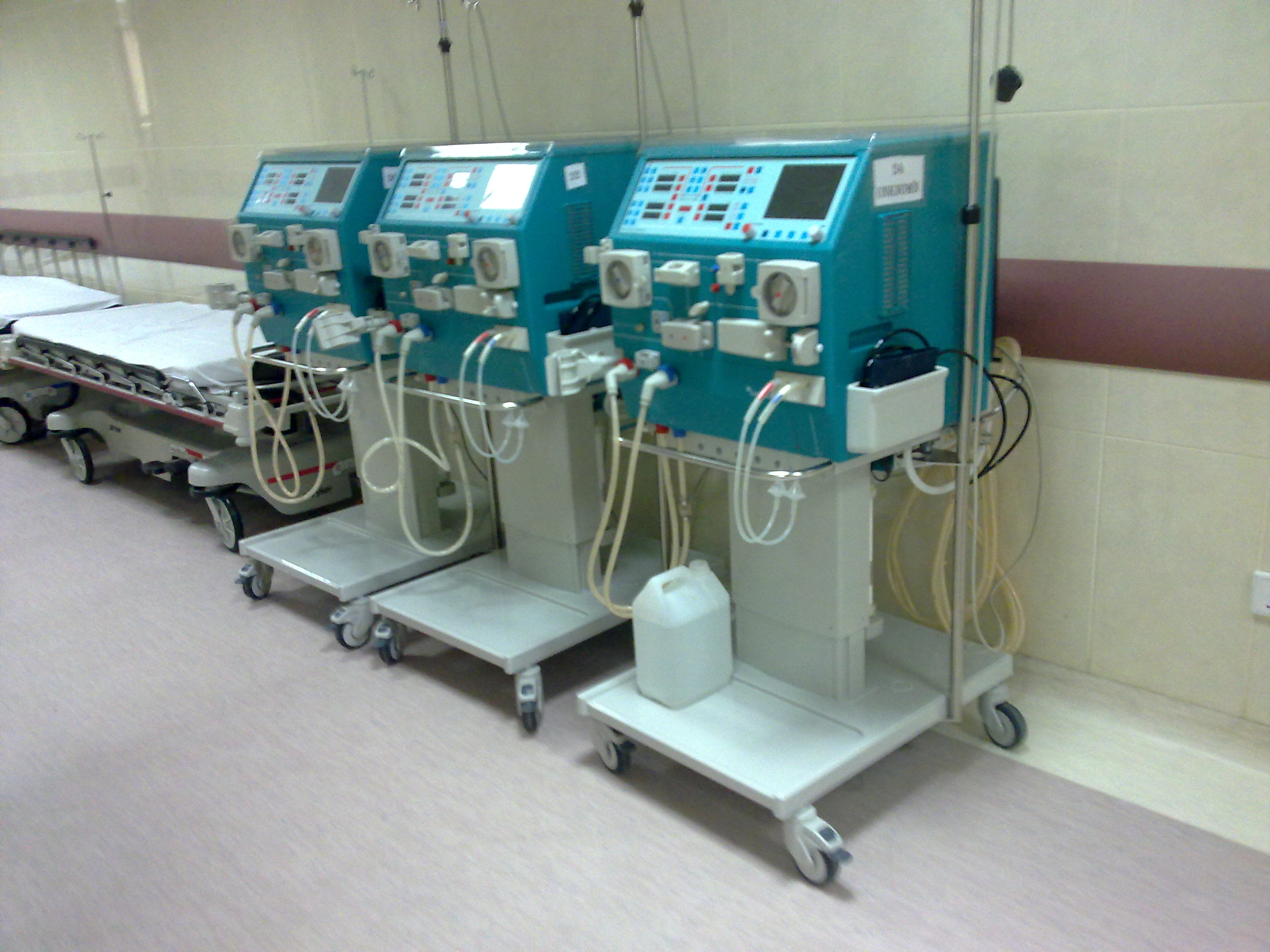End-stage kidney disease may be on the rise, but so are dialysis and kidney transplant patient survival rates.
New research out of the United States Renal Data System (USRDS) and the University of Michigan, which was published on the U.S. Renal Data System’s website, shows that 28 percent less dialysis patients died in 2013 than in 1996 and when comparing the same years, 40 percent less kidney transplant patients lost their lives.
At the same time, the annual USRDS report shows a 63.2 percent increase in dialysis patients from 2000 to 2013, which brings the total number of patients up to 466,607.
End-stage kidney disease is the last stage of chronic kidney disease, a point at which the kidneys are no longer capable of removing the body’s waste and excess water.
When it comes to home dialysis, which allows patients to clear their waste and excess fluids from the comfort and privacy of their own home, the numbers show a 52 percent rise over the last decade.
While the report shows that patients are surviving longer, it also takes note of rising medical costs associated with the disease. According to the data, the total cost incurred by Medicare for end-stage kidney disease patients increased to $30.9 billion.
Rajiv Saran, M.D., director of the USRDS coordinating center and a University of Michigan Health System professor of internal medicine, indicated in a statement that end-stage kidney disease’s overall trends “are promising for those affected,” but it’s still important to take other improvable aspects into consideration.
Overall trends for end-stage kidney disease are promising for those affected […] Patients on dialysis are living longer and equally positive, survival rates have steadily improved among recipients of both living and deceased donor kidney transplants […] Several lifestyle-related chronic health conditions, such as diabetes, high blood pressure and other cardiovascular diseases can contribute to kidney disease […] Monitoring and early treatment of those conditions are key to prevention, and can help patients keep their kidney disease under control.
In other news, kidney function might provide a better gauge of heart attack risk than blood pressure readings and cholesterol level measurements.
























